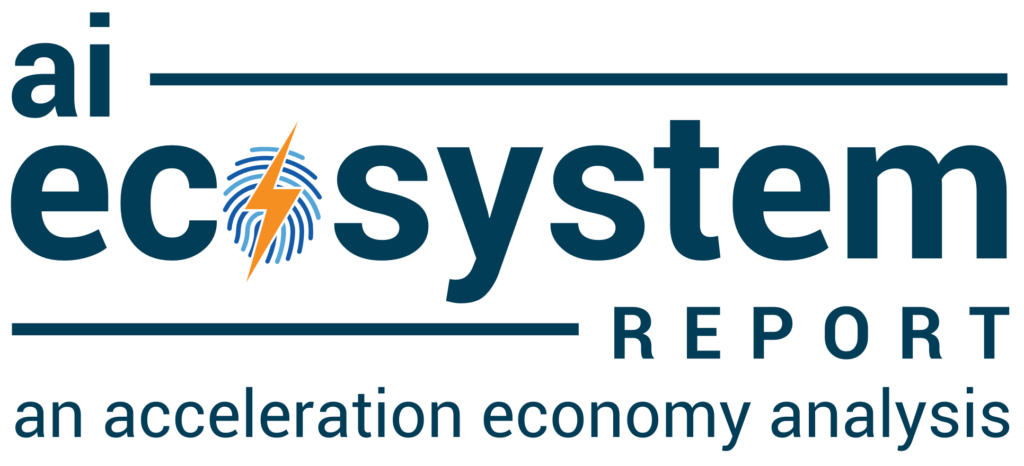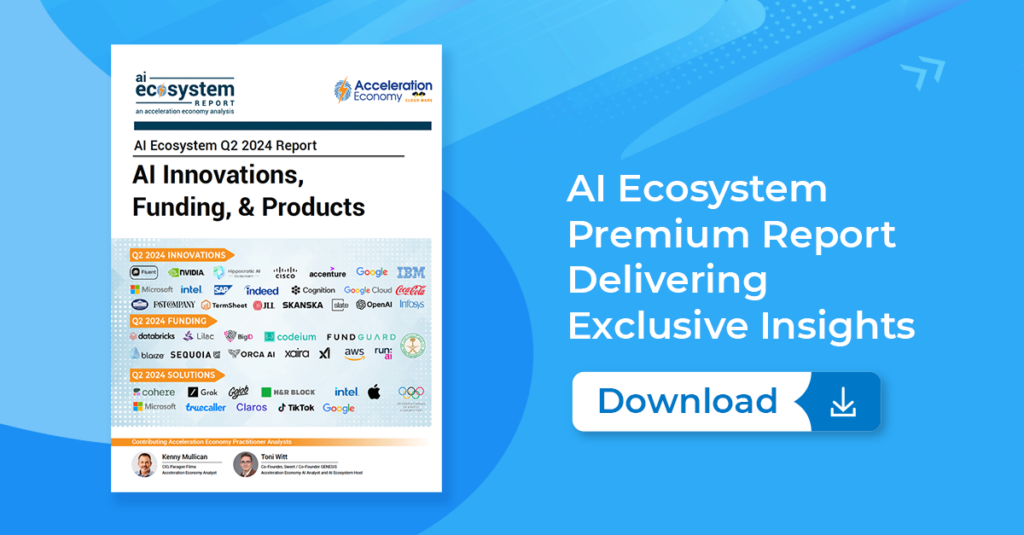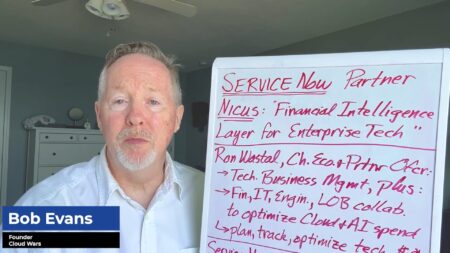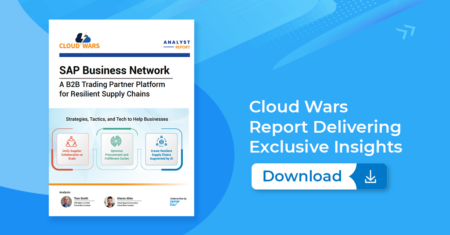
Is AI a positive force that’s advancing society? Or will it be the downfall of society? This debate rages daily from government meeting chambers to board rooms to corner coffee shops.
The rapid evolution of AI technology presents a pressing challenge to regulatory authorities as well as the businesses and people that use it. Current laws and industry regulations are ill-equipped to handle the intricacies of AI, such as the complexity of language models, the widespread use of public data, and advanced capabilities of automated machine learning.
Legislation and regulations are moving ahead rapidly from a variety of government entities. The current proposed legislation primarily focuses on:
- Safety and security
- Responsible innovation and development
- Equity and unlawful discrimination
- Protection of privacy, civil liberties, and intellectual property
In this analysis, I’ll explore each of these four areas and the implications of related legislation and regulatory initiatives.
U.S. Federal Regulations and Executive Orders
Legal experts do not see comprehensive federal legislation happening anytime soon. Why? Today, AI is governed primarily by state governments, industry, and the courts, which continue to apply existing laws, including privacy and intellectual property laws.
In response to the rapid rise of AI, the U.S. government is leveraging existing regulatory tools such as U.S. export controls and the Committee for Foreign Investment Standards (CFIUS). The federal government is also trying to create new regulatory authorities to manage AI risks. These include investment restrictions and regulation regarding collection and use of personal and government-related data to fuel AI models. The other prevalent area of focus is defining roles and responsibilities for the various executive branch agencies.
President Biden and his cabinet issued executive orders for the federal government, which is moving ahead more quickly than legislation emanating from Congress::
- EO 14110 on Safe, Secure, and Trustworthy Development and Use of Artificial Intelligence — issued in October 2024 — takes a “whole of government” approach to controlling, managing, and using AI. The executive order describes AI in these terms:
“[A] machine-based system that can, for a given set of human-defined objectives, make predictions, recommendations, or decisions influencing real or virtual environments; … use machine- and human-based inputs to perceive real and virtual environments; abstract such perceptions into models through analysis in an automated manner; and use model inference to formulate options for information or action.” - EO 14110 also tasks every US government agency, plus offices related to the president, to develop working groups to evaluate the development and use of AI; develop regulations for each agency; identify and establish public-private engagement (including advisory committees); and focus on the use of AI in specific technologies “to promote competition and innovation in the semiconductor industry, recognizing that semiconductors power AI technologies.”
Federal legislation often takes years, not months, to take effect. That’s why executive orders are typically used to jumpstart the process. Legal and public policy experts anticipate more regulations affecting government procurement, technology development, and requirements for ethical AI use.
State-Level Regulations
More than 25 states have active AI legislation in process. Legal and AI executives are monitoring what’s happening in California, home to more AI companies than anywhere else in the world and the world’s fifth-largest economy.
California has introduced 14 new bills that could impact AI legislation and regulation. Below, I highlight six current California bills to provide a perspective on advancing legislation. While it’s not likely that all will pass, these bills set the foundation for future legislation. The bills cover a range of AI-related topics, including data privacy, opt-out preference signals, neural data, and algorithmic discrimination.
Ask Cloud Wars AI Agent about this analysis
California AI Bills in Process
These proposed bills address AI’s emergence in business and society and the new complexities it creates for governance, risk, and impact.
- California Assembly Bill 2885: The Definition of AI — This bill involves establishing a clear definition of artificial intelligence to incorporate into existing California law. This addresses one of the most common challenges of regulating AI and is the basis for new, expanded AI legislation.
- California Assembly Bill 2930: Automated Decision Tools and Algorithmic Discrimination — This bill addresses the reality that machines and algorithms can discriminate and create bias as well as unfair practices. Based on Colorado’s recently passed CAIA, it broadly prohibits deployers and developers of automated decision tools from using or making such tools available that result in algorithmic discrimination.
- California Senate Bill 1047: Safe and Secure Innovation for Frontier Artificial Intelligence Act — The bill would implement clear standards and guardrails for the largest and most powerful AI models. The bill would impose compliance obligations on organizations training the AI models, including developers, operators of computing clusters, and employees. It would also require developers to take precautions such as pre-deployment safety testing, cybersecurity, and safeguards to prevent misuse.
- California Senate Bill 942: California AI Transparency Act — Millions of companies and people are adopting and using GenAI today. This bill would require a “covered provider,” which is defined as a business that provides GenAI systems with an average of one million monthly users, to create AI detection tools that a person could use to identify what text, image, video, audio, or multimedia content was created by the provider’s GenAI system. Additionally, a provider must include a visible disclosure when its systems create AI-generated content.
California Privacy Bills
A handful of bills are being developed to amend California’s groundbreaking California Consumer Privacy Act (CCPA) data privacy legislation to incorporate AI protections. The CCPA applies to most businesses that process California residents’ personal data and gives California residents a certain amount of control over the personal data that businesses collect about them. Here are two examples of these California bills currently in the legislative process:
- California Assembly Bill 2877: Use of Personal Information with AI — This proposed bill addresses what so many companies and consumers fear as we train AI language models and suck in information from a range of data sources: personal information misuse. It amends the CCPA to prohibit a developer from using a consumer’s personal information to train or fine-tune an artificial intelligence system or service unless the consumer or the consumer’s parent or guardian has consented.
- California Senate Bill 1223: Neural Data — Neural data is data directly representing the function of the human brain. The bill amends the CCPA’s definition of sensitive personal information to include neural data and protect against this data being used in AI models. This Al bill, and the debate taking place, is one of the most interesting to watch because it focuses on the future use of machines to replicate and potentially alter the use of the human brain.
Reducing Risks
As so much AI technology is being developed and used daily, getting laws passed and jump-starting the collaboration between entities those laws would require is a daunting prospect, with the likely impact being years away.
Several organizations and law firms publish AI regulation trackers to monitor what’s happening with AI legislation. While this may be the primary responsibility of your legal and risk team, it is wise to understand the current state of affairs as you develop AI strategies, work with specific AI providers, and deploy AI technology.

The AI Ecosystem Q2 2024 Report compiles the innovations, funding, and products highlighted in AI Ecosystem Reports from the second quarter of 2024. Download now for perspectives on the companies, innovations, and solutions shaping the future of AI.










